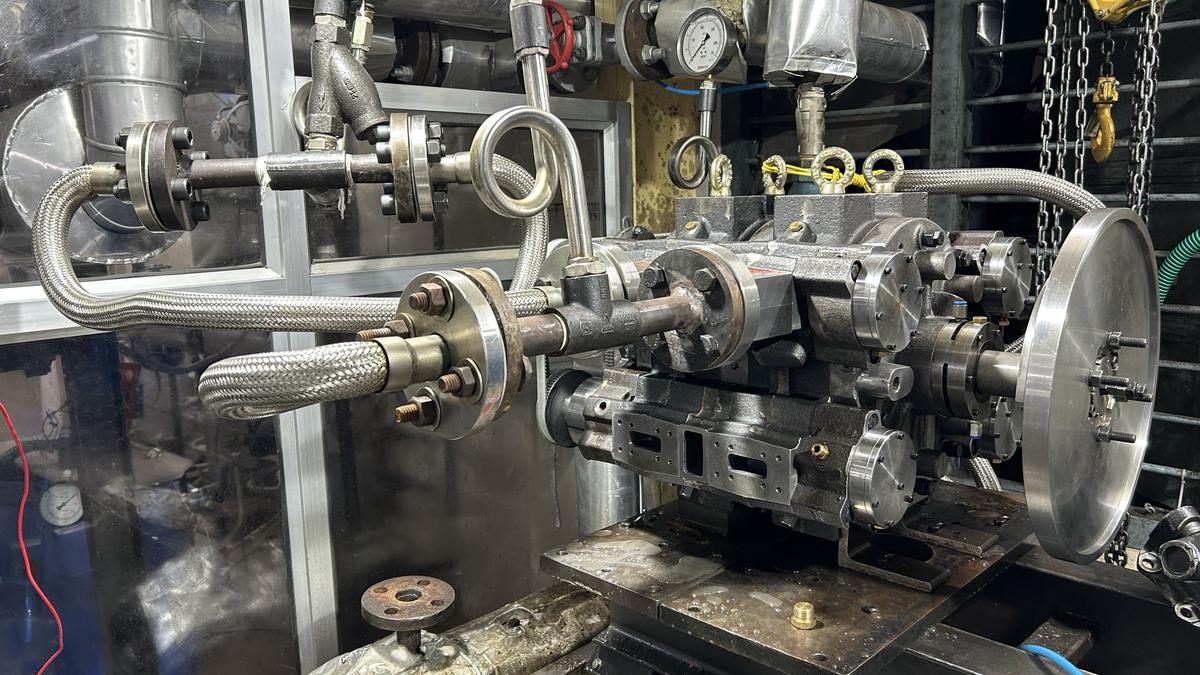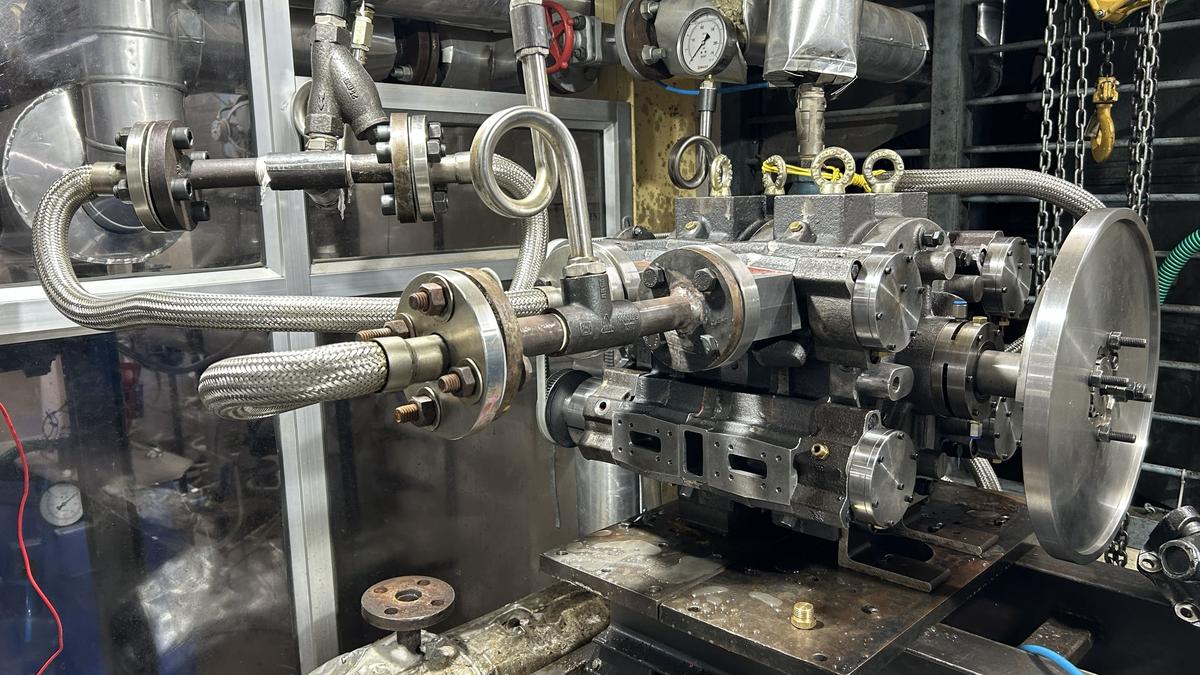
In a significant boost for India’s green energy transition, Wankel Energy, a deep-tech startup incubated at IIT Madras, has successfully secured $1 million in a pre-seed funding round. The investment was led by Shastra VC, with participation from a group of prominent angel investors.
The startup is tackling a critical yet often overlooked challenge in industrial manufacturing: energy waste. Wankel Energy has developed a patented rotary engine technology that captures and converts low-grade waste industrial steam into usable mechanical power and electricity. This innovation promises to significantly reduce energy costs and carbon footprints for heavy industries.
This funding round validates the immense potential of their technology to drive both economic and environmental impact. This blog post delves into Wankel Energy’s solution, the problem it solves, and what this means for the future of sustainable manufacturing in India.
The Problem: The Invisible Energy Drain in Factories
Industrial processes, especially in sectors like textiles, paper, chemicals, and pharmaceuticals, are incredibly energy-intensive. A vast amount of thermal energy is used in the form of steam for heating, drying, and chemical reactions.
However, a substantial portion of this energy is wasted. After its primary use, high-pressure steam is often reduced to low-pressure waste steam, which is frequently vented directly into the atmosphere. This represents a massive economic loss and an unnecessary environmental burden, contributing to both energy inefficiency and thermal pollution.
The Wankel Energy Solution: Harnessing the Wasted Potential
Wankel Energy’s technology acts as a “energy scavenger” for factories. Their core innovation is a compact and efficient rotary engine specifically designed to utilize this low-grade waste steam.
Here’s how it works:
- Capture: The system captures the low-pressure waste steam that would otherwise be released into the environment.
- Convert: The waste steam drives the patented rotary engine, which converts the thermal energy into mechanical shaft power.
- Utilize: This mechanical power can be used directly to run equipment like pumps, compressors, or fans. Alternatively, it can be coupled with a generator to produce clean electricity on-site, reducing the factory’s reliance on the grid.
The key advantage lies in the engine’s ability to operate efficiently with the low-temperature, low-pressure steam that conventional turbines cannot economically harness.
Why This Funding is a Big Deal: More Than Just Money
The successful $1 million pre-seed round, led by a specialized fund like Shastra VC, is a strong signal for several reasons:
- Validation of Deep-Tech: It underscores investor confidence in complex engineering solutions born out of India’s premier academic institutions like IIT-Madras.
- Focus on Climate Tech: The investment highlights the growing appetite for startups that offer tangible solutions for decarbonization and energy efficiency, aligning with global ESG (Environmental, Social, and Governance) goals.
- Market Readiness: The funding will be crucial for Wankel Energy’s next phase: pilot deployments. The capital will enable them to install and demonstrate their technology in real-world industrial settings, a critical step towards commercial scaling.
The Road Ahead: Pilot Deployments and Impact
With the new capital, Wankel Energy plans to roll out pilot projects across energy-intensive industries, including:
- Textiles
- Paper & Pulp
- Chemicals
- Pharmaceuticals
- Food Processing
A successful pilot demonstrating reduced electricity bills and a lower carbon footprint will be the most powerful catalyst for widespread adoption.
The Bigger Picture: A Win-Win for Industry and the Planet
Wankel Energy’s solution represents a powerful win-win proposition:
- For Industries: It offers a direct reduction in energy costs, leading to higher profitability and improved competitiveness. It also enhances their sustainability credentials.
- For India: It contributes to national goals of energy independence and reducing industrial carbon emissions, supporting India’s commitments under the Paris Agreement.
Conclusion: Engineering a More Efficient Future
The story of Wankel Energy is a classic example of deep-tech innovation with a profound purpose. By identifying a pervasive form of waste and applying cutting-edge engineering, they are turning an environmental liability into an economic asset.


